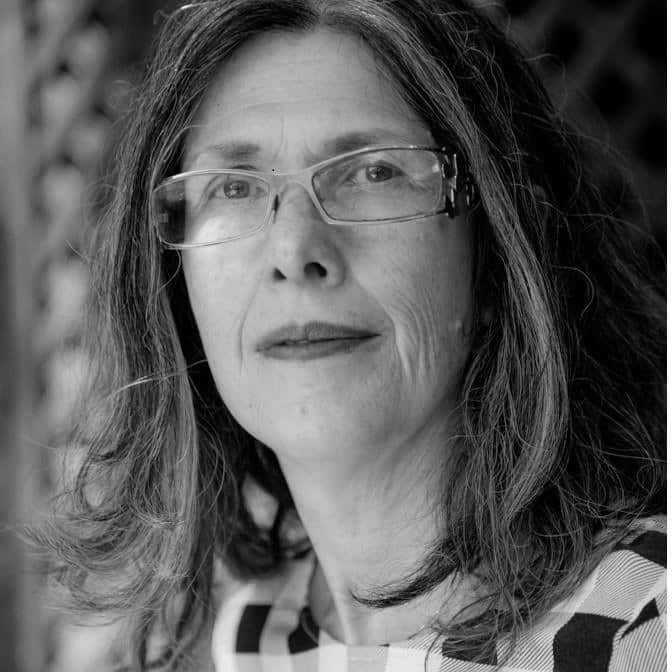
So I’m tempted to feel sorry for myself because of our latest heat wave. Carrying laundry in the heat on the way from my air-conditioned apartment to the wash house is just so inconvenient. Then I remember my new friends who live in a desert and have no air conditioning and no electric washing machines, because they have no access to an electrical grid—and are now facing the imminent destruction of their homes. So much for first world problems.
One of the places we visited during our trip to Israel/Palestine to help found Sumud Freedom Camp was the Bedoin Village of Umm al-Khair. Umm al-Khair, in the south Hebron hills, lies in Area C, that part of occupied Palestine which is completely under Israeli military control. Its founders were displaced from the Negev after the establishment of the State of Israel, so they bought land in a place where their traditional ways of herding and coaxing crops to grow in arid soil work effectively.
The material simplicity of life in Umm al-Khair is not entirely voluntary. Like most Palestinian villages in Area C, they have not been granted a Master Plan and without a Master Plan, all building, all improvements, even solar panels and paved roads, are subject to summary demolition at any time. Their dirt roads and the fields in which they grow zaatar (thyme), pulling up barbed, spikey weeds by hand so as not to hurt the fragile crops, are littered with the sharp rocks found in every inch of soil in those hills. They have little protection from the punishing heat, harsh winds, and bitter desert cold. Many of their homes are built of siding, covered with more siding or with a tarp or woven cloth. The ruins of a demolished mosque remain, a testament to the price of hope. The villagers have, nevertheless, constructed a library and playground for their children.
These are not defeated or embittered people. They welcome visitors with coffee fragrant with cardamom and hot sweet tea. During our time there, a village leader offered a teaching from Thich Nhat Hanh. These villagers wish to live in peace. They want the freedom to build decent homes, to plug into (and pay for) the water and power that illegal settler “outposts” simply grab as an entitlement. They want a real shower and flush toilets and reliable internet to connect them with the world.
Diaspora Jews might identify with the fierce commitment to education displayed by the people of Umm al-Khair. Since their own school was demolished, the children walk over a mile a day, rain or shine, on those rocky dirt roads to get to school in another village. In Umm al-Khair, I met a young woman whose favorite subjects are Arabic, English, chemistry and math (which puts her three up on me) and several engineers eagerly await the freedom to transform their village.
At Umm al-Khair, we helped with several projects, among them a new soccer pitch for the youth. I’m afraid to even write this, because I don’t want our work to be a target. But I have been assured that the Civil Administration, the military government of Area C, knows all about each village already.
Which brings me to the current immediate crisis: This week, Umm al-Khair has been threatened with the imminent demolition of people’s homes. Military police from the Civil Administration have driven through the village, taking pictures. This is almost always a prelude to demolition.
If the demolitions take place, people’s homes will certainly be destroyed. The reason given will be that the structures were completed without permits. Such excuses are entirely cynical, given that Palestinians are hardly ever given permits to build anything in Area C, even on land that, as is the case with Umm al-Khair, they own.
It baffles me frankly, when I try to understand what the Israeli government hopes to gain by keeping people who just want to live their lives in a state of permanent insecurity and political disenfranchisement. Are they trying to keep the status quo of enmity alive? Do they not understand the positive attitude of people who are not about to be broken and just want to stay in their homes? We met the people of Umm al-Khair in the context of a nonviolent movement for justice. They are not just opposing the occupation, they are fighting for something positive—for their culture and homes and families and way of life, and they are doing it without guns or bombs. They are partners for a just and viable peace, and now they could use our help.
So many American Jews have expressed anger lately about the disrespect shown to our rabbis by the Israeli rabbinate. Others have been outraged by the reversal of the Israeli government’s promises regarding egalitarian prayer at the Western Wall. There have been threats of withdrawn donations, of anger turned to disaffection.
Why has there not been a similar outcry over the ongoing impoverishment of, and outright attacks on, millions of people in the occupied territories (calling them “disputed” won’t change the way that people are forced to live)? The people of Umm al-Khair who have done so much with so little are threatened with the loss of even more. Please share. (Hashtag: WeAreSumud) Please write to your representatives. Please raise the kind of ruckus over this that has been simmering all summer over the conversion and Western Wall issues. What is being done in the name of a Jewish state is a catastrophe for the people who endure it. It is also a disgrace for us.























 More news and opinions than at a Shabbat dinner, right in your inbox.
More news and opinions than at a Shabbat dinner, right in your inbox.